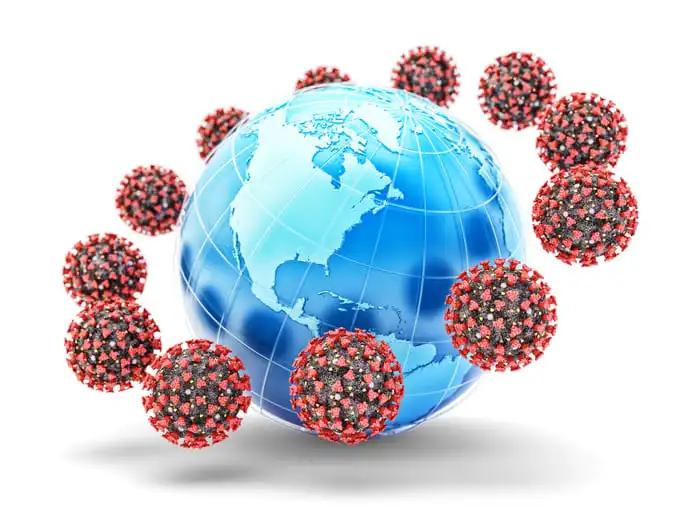KEY TAKEAWAYS
- The phase 3 placebo-controlled trial called PACIFIC (NCT02125461) aimed to examine the effectiveness and safety of durvalumab in patients with unresectable stage III NSCLC.
- Patients were stratified by age, sex, and smoking status and randomly assigned to receive either durvalumab or a placebo.
- The outcome showed that Durvalumab’s PFS and OS outcomes for patients with EGFRm malignancies were comparable to placebo, albeit with large CIs.
- The exploratory examination suggested that more study is needed to establish the best course of action for treating stage III EGFRm NSCLC that is not resectable.
According to results from the phase 3 placebo-controlled PACIFIC study (NCT02125461), patients with unresectable stage III NSCLC who have not progressed following chemoradiotherapy should receive consolidation durvalumab (the “PACIFIC regimen”). In patients with stage III EGFR-mutant (EGFRm) NSCLC, however, the effectiveness of immunotherapy was not well documented. Researchers presented a post hoc exploratory examination of efficacy and safety in a cohort of PACIFIC patients with EGFRm NSCLC. Using age, sex, and smoking status as stratification factors, patients with stage III unresectable NSCLC who had no progression after more than or equal to two cycles of platinum-based concurrent chemoradiotherapy were randomly assigned (2:1) to receive durvalumab (10 mg/kg intravenously every 2 weeks [wk], for up to 1 y) or placebo. Participants were accepted regardless of whether or not they expressed the programmed death-ligand1 (PD-L1) protein or carried mutations in oncogenic driver genes. The subgroup study included patients with NSCLC who had an EGFR mutation established solely by local testing. The primary endpoints were overall survival (OS) and progression-free survival (PFS, as determined by a blinded independent central review). Objective response rate and safety were secondary indicators of success. Post hoc and exploratory statistical analyses were performed on the subset of patients with EGFRm NSCLC. About 24 patients on durvalumab and 11 on placebo had locally confirmed EGFRm NSCLC out of 713 randomized individuals. All randomized patients in the subgroup had a median follow-up for survival of 42.7 months (range: 3.7-74.3 mo) as of the data cutoff date (January 11, 2021).
The median progression-free survival (PFS) for patients treated with durvalumab was 11.2 months (95% CI: 7.3-20.7), while the median PFS for patients treated with placebo was 10.9 months (95% CI: 1.9-not evaluable [NE]); hazard ratio = 0.91 (95% CI: 0.39-2.13). With durvalumab, the median OS was 46.8 months (95% CI: 29.9-NE), while with placebo, it was only 43 months (95% CI: 14.9-NE); hazard ratio [HR] = 1.02 (95% CI: 0.39-2.63). Durvalumab’s safety profile was basically in line with expectations and what is already known about the drug. Durvalumab’s PFS and OS outcomes for patients with EGFRm malignancies were comparable to placebo, albeit with large CIs. Due to the limited number of patients and the lack of a prospective trial assessing clinical outcomes according to tumor biomarker status, these findings should be considered cautiously. More study is needed to establish the best course of action for treating stage III EGFRm NSCLC that is not resectable.
Source:https://pubmed.ncbi.nlm.nih.gov/36841540/
Clinical Trial:https://clinicaltrials.gov/ct2/show/NCT02125461/
Naidoo J, Antonia S, Wu YL, Cho BC, Thiyagarajah P, Mann H, Newton M, Faivre-Finn C. Brief Report: Durvalumab After Chemoradiotherapy in Unresectable Stage III EGFR-Mutant NSCLC: A Post Hoc Subgroup Analysis From PACIFIC. J Thorac Oncol. 2023 May;18(5):657-663. doi: 10.1016/j.jtho.2023.02.009. Epub 2023 Feb 24. PMID: 36841540.



